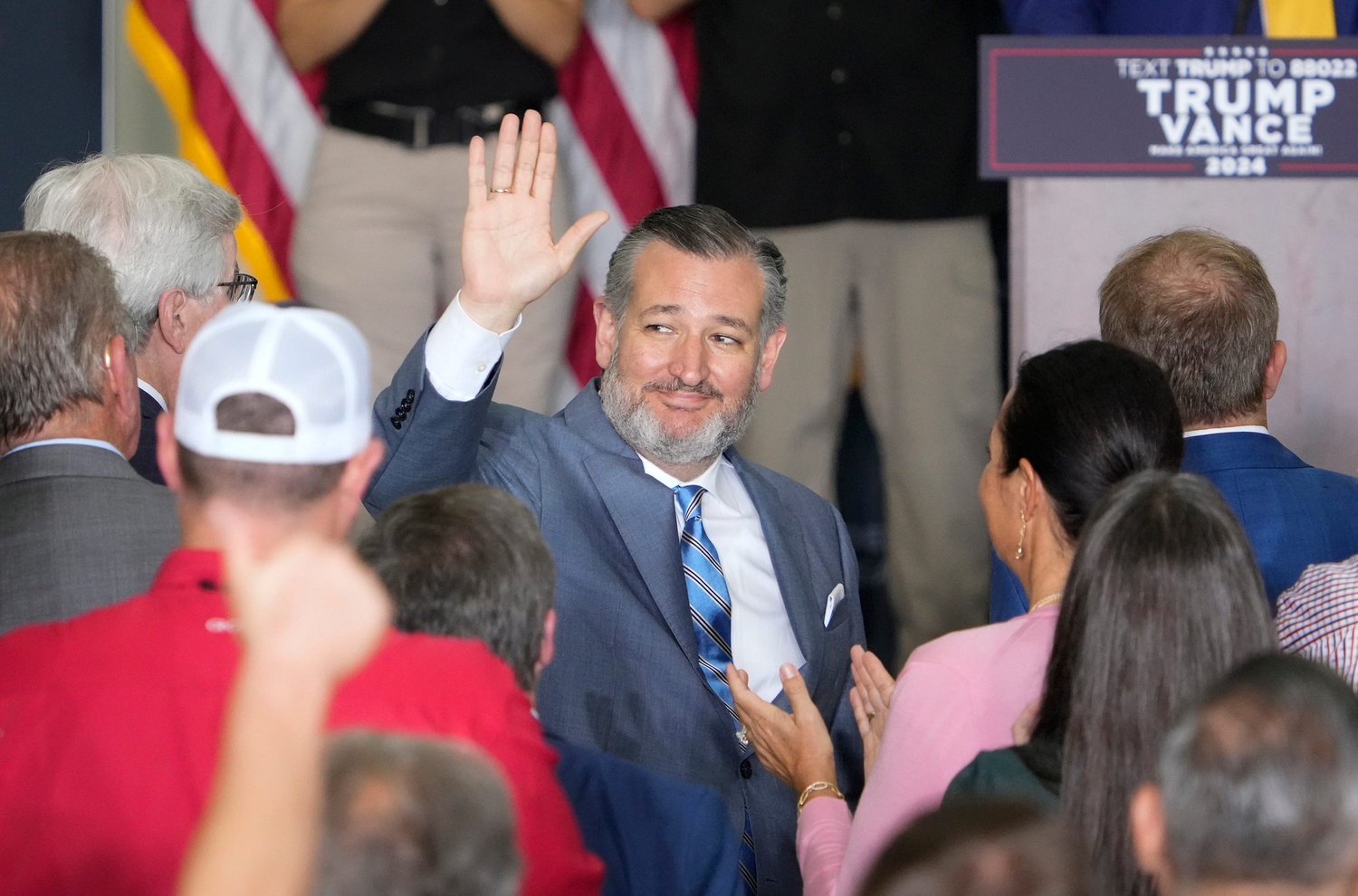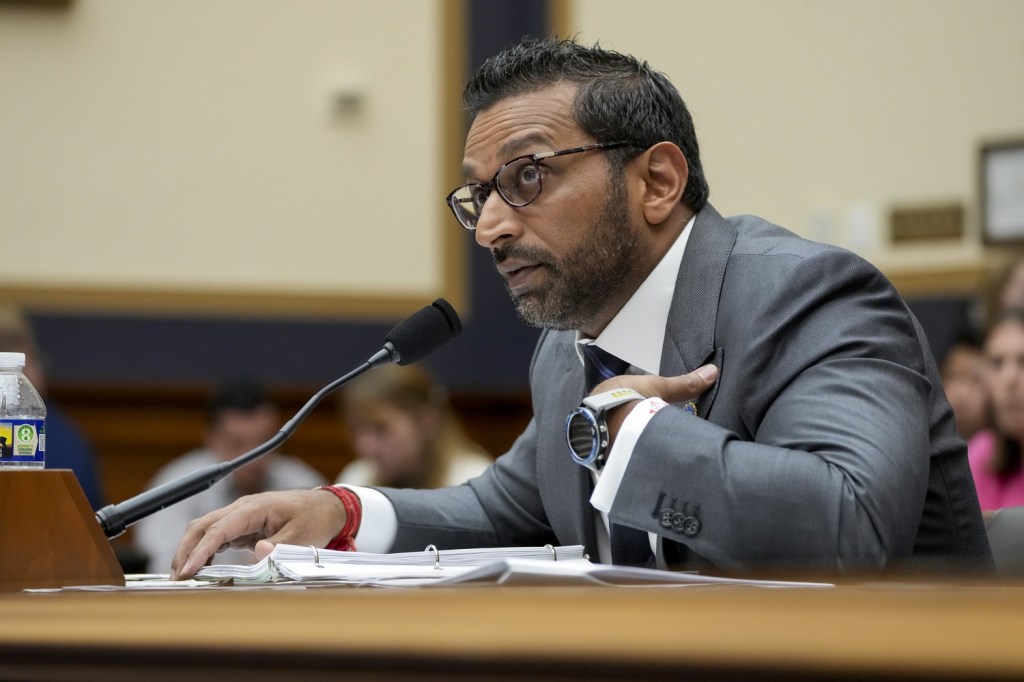The NCAA could be one step closer to getting the law it wants from Congress that would preserve what’s left of the amateurism model.
This week, Sen. John Thune (R., S.D.) won the race for Senate Majority Leader—paving the way for Sen. Ted Cruz (R., Texas) to become the new chair of the Senate Commerce Committee, which has jurisdiction over college sports issues. Cruz is currently the ranking member of the committee, which is chaired by Sen. Maria Cantwell (D., Wash.).
The development is the latest win for the NCAA since Election Day brought a Republican trifecta to the U.S. government. Cruz, who has been a vocal advocate of NCAA-friendly legislation that would give antitrust protections and a ban on athlete employment status, will now have the power to set the committee’s agenda, scheduling hearings, shape the contents of legislation, and bring bills to a markup.
On Thursday, Cruz reiterated his position on his podcast, Verdict. “Right now, the current world of college sports is the wild West; name, image, and likeness; open transfer portals,” he said. “It is, I think, endangering the future and viability of college athletics. I think Congress needs to step in and legislate. When the Democrats were in the majority, it just wasn’t a priority for them. It will be a priority. We are going to address it.”
The NCAA sees Congress as its best bet to halt legal efforts to reclassify athletes as employees, protect it from future lawsuits, and have the ability to impose rules and restrictions on the transfer portal and NIL landscapes.
Since 2019, the NCAA has worked with the former Power 5 conference on a sophisticated federal lobbying campaign to pass legislation that provides antitrust protections and a prohibition on athletes being deemed employees. As part of the bill, the NCAA also wants Congress to codify the terms of the House v. NCAA settlement, which would allow for revenue-sharing for the first time but impose other restrictions on athlete compensation similar to a collective bargaining agreement, without actually having an athlete union.
Both chambers of Congress held hearings on the issue, and Cruz, as well as other lawmakers on both sides of the aisle, introduced draft legislation. Cruz’s bill was very NCAA friendly: It would have granted the governing body some antitrust immunities as well as a guarantee that athletes would remain amateurs.
The issue of whether to prevent athlete employment status, however, has become more partisan as it has been folded into larger ideological battles between Republicans and Democrats over labor issues. (If athletes are barred from being classified as employees, they could also lose the right to unionize and collectively bargain.)
Cruz has previously said he held bipartisan negotiations on a college sports bill, but they ultimately went nowhere. But with an incoming Republican president, Republican-controlled Congress, and Cruz at the helm of the Senate Commerce Committee, however, the NCAA is much more likely to get what it wants in 2025. Starting Jan. 6, Cruz will have the power to begin setting the agenda—even before he’s formally confirmed as Commerce chair.
A Republican aide, however, previously told Front Office Sports that Cruz expects to have to engage in bipartisan negotiations despite the red wave.





![[Subscription Customers Only] Jul 13, 2025; East Rutherford, New Jersey, USA; Chelsea FC midfielder Cole Palmer (10) celebrates winning the final of the 2025 FIFA Club World Cup at MetLife Stadium](https://frontofficesports.com/wp-content/uploads/2026/02/USATSI_26636703-scaled-e1770932227605.jpg?quality=100&w=1024)











